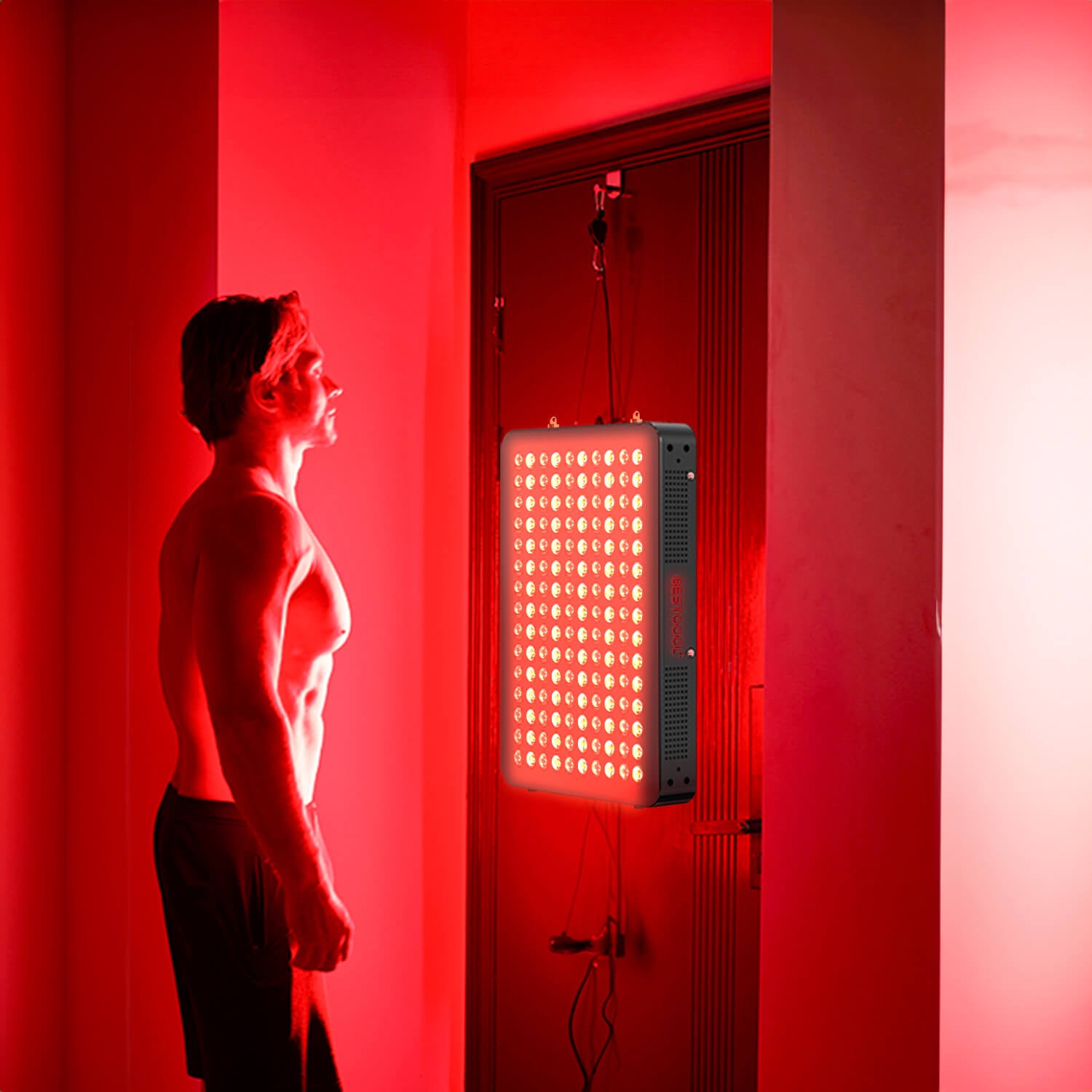Unlock the Secret Power of Red Light Therapy: Transform Your Health Today!
Red light therapy, a cutting-edge treatment that has garnered attention in health and wellness circles, utilizes low-wavelength red light to stimulate cellular function. This innovative therapy promises a range of health benefits, from enhancing skin vitality to accelerating muscle recovery. As you navigate the myriad of wellness options available today, this article aims to explore the benefits, uses, and scientific evidence supporting red light therapy, helping you make an informed purchasing decision that aligns with your health goals.

Understanding Red Light Therapy
Red light therapy involves the application of specific wavelengths of light, typically between 600 to 900 nanometers, to the skin. This light penetrates the skin's layers, reaching the cells and stimulating a biological reaction. The therapy works by promoting the production of adenosine triphosphate (ATP), the energy currency of cells, enhancing their performance and regeneration. Various devices, like LED panels and handheld devices, emit red light to provide targeted treatment. The technology behind red light therapy has evolved significantly, making it more accessible for personal use at home, while professional treatments are available in clinics.
Benefits of Red Light Therapy
Research supports a plethora of health benefits associated with red light therapy. One of the most notable advantages is its ability to alleviate pain and reduce inflammation, making it a popular choice for individuals with chronic pain conditions. Additionally, studies indicate that red light therapy can improve skin health by reducing wrinkles, scars, and acne, promoting a more youthful complexion. Another significant benefit is its role in enhancing muscle recovery post-exercise, which is particularly beneficial for athletes or fitness enthusiasts. Emerging research also suggests potential mental health benefits, including mood enhancement and stress reduction, making it a holistic approach to wellness. Personal anecdotes from friends who have tried red light therapy often highlight its impressive effects on their skin and overall well-being, reinforcing its growing popularity.
Common Uses of Red Light Therapy
Red light therapy finds practical applications across various domains. In skincare, it's commonly incorporated into beauty routines for its rejuvenating effects, helping to improve skin texture and tone. In physical rehabilitation, therapists utilize red light therapy to accelerate healing processes for injuries, enhancing recovery time and reducing discomfort. Athletes frequently adopt this therapy for its muscle recovery benefits, helping them maintain peak performance. Beyond these applications, many individuals use red light therapy for general wellness enhancement, integrating it into their daily routines as a proactive measure for long-term health benefits.
The Science Behind Red Light Therapy
A wealth of scientific studies validate the effectiveness of red light therapy. Notably, research indicates that it stimulates mitochondrial function, which is essential for energy production in cells. The increased ATP production leads to improved cellular repair and regeneration, contributing to the various health benefits observed. Studies also show that red light therapy can promote collagen production, aiding in skin health and healing. As more research emerges, the scientific community continues to uncover the mechanisms through which red light therapy operates, solidifying its place in holistic health treatments. A friend who is a physical therapist often shares how the inclusion of red light therapy in their practice has led to remarkable improvements in their patients' recovery times, further emphasizing the therapy's efficacy.
Things to Consider Before Purchasing Red Light Therapy Devices
Before making a purchasing decision on red light therapy devices, it's crucial to consider several key factors. First, understand the types of devices available, as they vary in wavelength, intensity, and application. Look for devices that offer the specific wavelengths known to be effective for your targeted treatment. Safety is another important aspect; ensure the device complies with safety standards and is suitable for your skin type. Additionally, familiarize yourself with usage guidelines, as proper application is vital for achieving optimal results. By taking these factors into account, you can make a more informed choice that aligns with your health needs.
Unlocking the Benefits of Red Light Therapy
In summary, red light therapy presents an exciting array of health benefits, supported by scientific research and practical applications. From pain relief and improved skin health to enhanced recovery and potential mental health benefits, this therapy offers a holistic approach to wellness. As you consider integrating red light therapy into your health regimen, take the time to research and reflect on your personal health needs. With the right information and device, you can unlock the transformative potential of red light therapy to enhance your well-being and vitality.







Comments